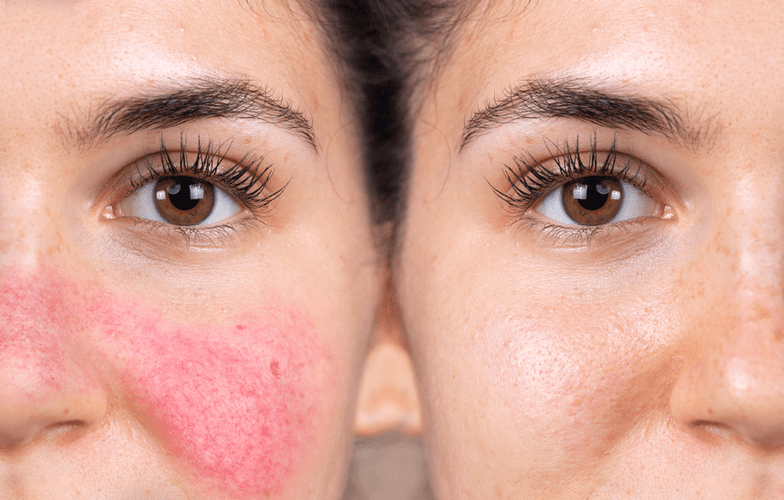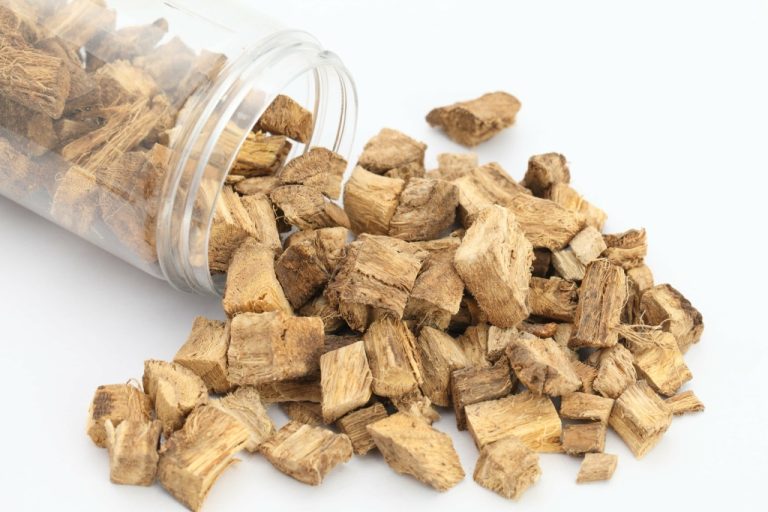Many definitions of recovery include not only the return to personal health but participation in the roles and responsibilities of society. Detox occurs when the body goes through the process of eliminating substances from itself. Individuals who experience withdrawal symptoms have become dependant on the substance. This means that the brain and body have become so accustomed to having the substance present that without it, they can’t function properly. The brain and body need time to return to functioning without the substance.

An appreciation of “Dr. Dave,” the father of community-based addiction medicine.
Other people might only need to take the medication at times when they know they’ll feel triggered to drink. For example, if someone usually relapses at the holidays or the anniversary of the death of a loved one, they might http://ita-lab.ru/blog/good/page397/ decide with their doctor to take it just around that time, Schmidt says. This drug may be a good choice when someone has gotten an ultimatum from their family, an employer, or the legal system about their alcohol misuse.

How to Get Sober and What to Expect
- And in case it wasn’t already obvious, the only way to get to long-term sobriety is to first achieve short-term sobriety.
- This guide includes the steps required to fully support the path and the journey to addiction recovery.
- Data show that the programs are helpful for some but not for everyone.
- Turning to another activity—listening to music, going for a walk—when an urge hits can maintain recovery.
- There are coping strategies to be learned and skills to outwit cravings, and practicing them not only tames the impulse to resume substance use but also gives people pride and a positive new identity that hastens recovery.
In Alcoholics Anonymous, members use the phrase “dry drunk” to refer to someone who has simply stopped drinking. This means that the person may continue exhibiting destructive behaviors, such as being dishonest, blaming and failing to keep commitments. Many of these people run the risk of relapsing because they have not made https://magazin-bezhimii.ru/catalog/kosmetika/naturalnaya-dekorativnaya-kosmetika/gel-fiksiruuschii-dlya-brovei-foet-prozrachnyi-5-ml any fundamental changes to their behavior. This is the fundamental difference between sobriety and recovery. When you are sober, you have eliminated alcohol and drug use from your life. Though you no longer live under the influence of substances, this doesn’t mean that other unhealthy aspects of your life have changed.
How Can Relapse be Prevented Once Sobriety Has been Achieved?
Addiction can cause alterations in the regions of the brain involved in executive functioning, such as decision making and self-regulation, leading to difficulty maintaining sobriety despite motivation to change. Outsourcing this type of accountability and structure can help individuals in early recovery who are vulnerable to relapse. Research proves that an individual in recovery is highly vulnerable to relapse during the first 90 days and that success during this time is correlated with long-term success. Recovery management is an established intervention demonstrated to improve recovery rates for patients with substance use disorder, and engagement in this type of service means long-term recovery is more likely. Other research pinpoints the values of cognitive behavioral therapy for relapse prevention, as it helps people change negative thinking patterns and develop good coping skills. Brains are plastic—they adapt to experience—and people can change and grow, develop an array of strategies for coping with life’s challenges and stressors, find new means of satisfaction and reward, and negotiate life ahead.

The role of spirituality in addiction recovery is often misunderstood. IBut spiritual freedom can be part of healthy recovery if one understand it more clearly. If these emotions become excessive, they can hold you back from recovery. If you are trying https://altai-info.com/novosti/3442-obyavlen-vserossiyskiy-konkurs-moya-alternativa.html to maintain a sober lifestyle, those feelings can become toxic and contribute to relapse if you don’t deal with them properly. A mental health professional can help you cope with some of the challenges you’ll face on your path to sobriety.
Recovery Management: A Key to Successful Sobriety
It may include rediscovering a work or social role, finding new recreational interests, or developing a new sense of spiritual connection. The important feature is that the interest avert boredom and provide rewards that outweigh the desire to return to substance use. • Identity—shifting towards a new, positive view of oneself, one more aligned with one’s deeper values and goals, one built on self-confidence gained by acquiring new skills and new behaviors.
How Do Sobriety and Abstinence Affect Mental Health Differently?
Triggers for using drugs and alcohol typically are people, places, and things that remind you of your addictive behavior or encourage the use of substances you’re avoiding. Sober living homes are residential facilities for patients recovering from substance use disorders. Some sober living homes are part of wider rehab facilities and government centers. Medical assistance is important to minimize adverse effects and ensure people make it through this stage. For most, it’s an excellent first step towards successful long-term addiction recovery.

They believe that the risk of relapse always remains and that the disease requires lifelong treatment. Theoretically, at this stage the addiction is conquered completely. The alcoholic is sober and has no cravings for alcohol, and there is no threat of relapse.
